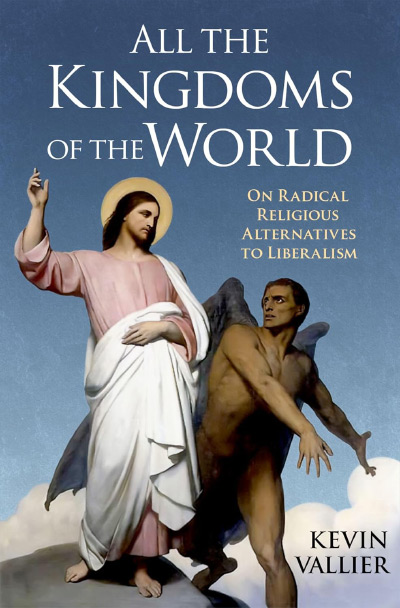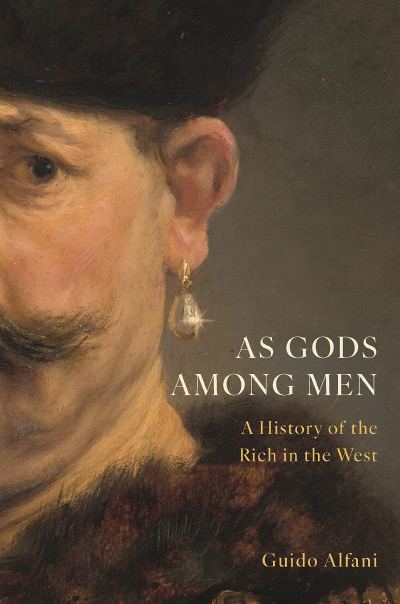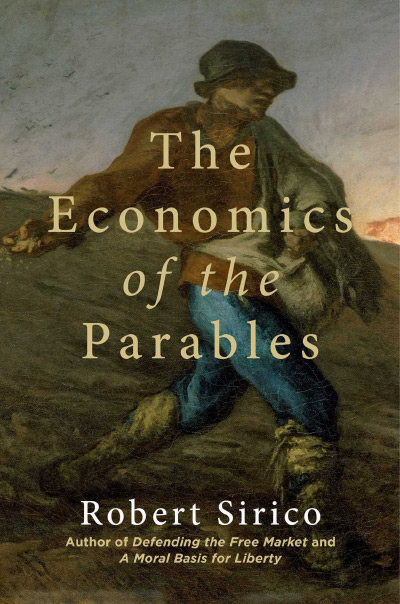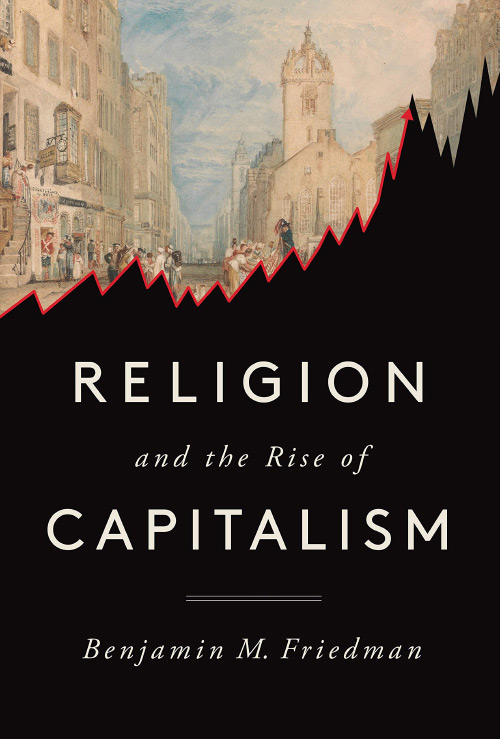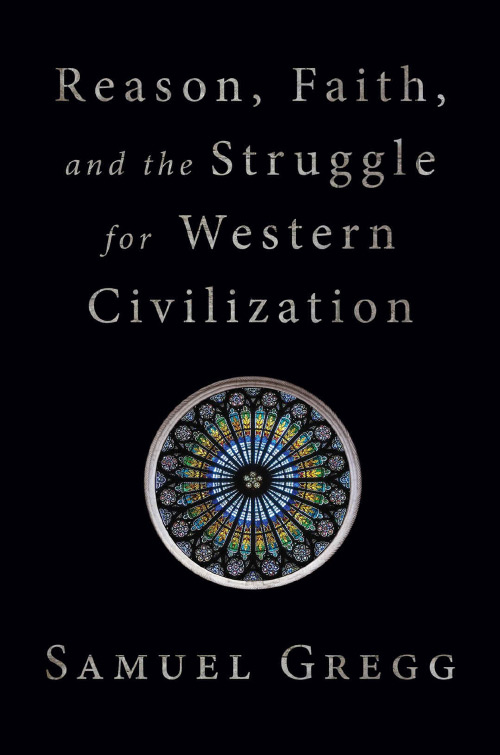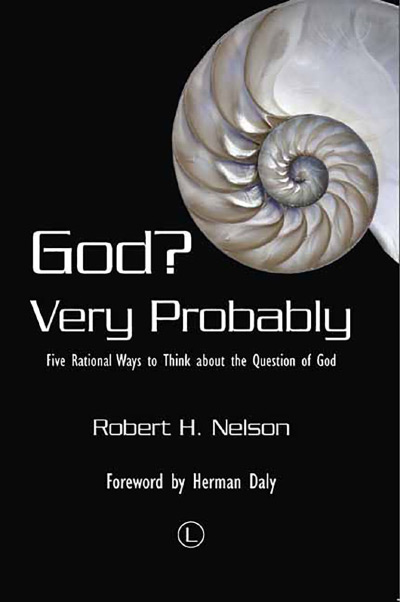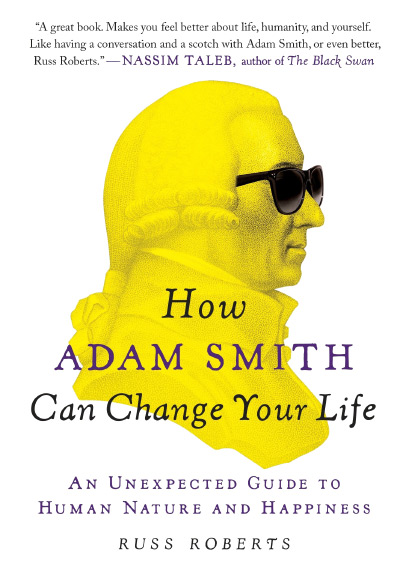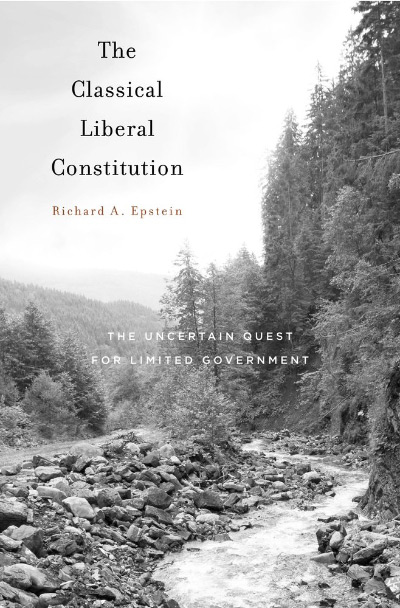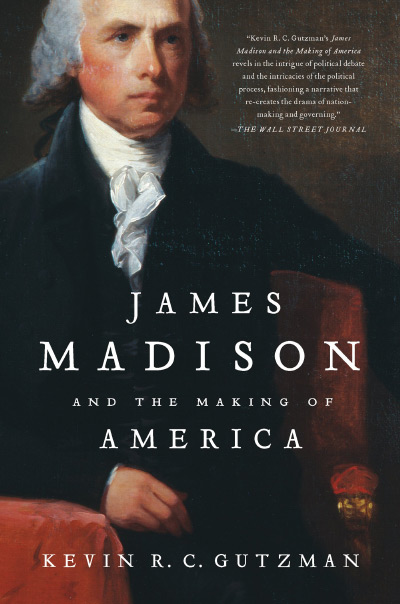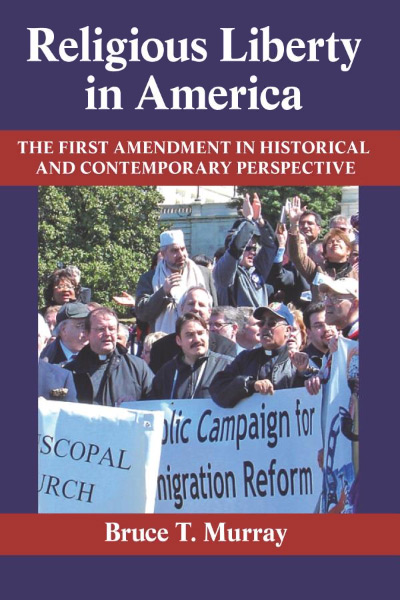If Christianity is correct, then the glory and grandeur of God are, ultimately, all that is worth living for. Thomas Aquinas tells us that everything that is, insofar as it is, is good. All created beings participate in God’s being, which is itself perfectly good, and there are degrees of reality (existents have various levels of perfection in being). When you hear truth spoken, it’s God’s truth. When you see beauty, it’s God’s beauty. When you experience love, it’s God’s love. And these can be heard, seen, spoken without God ever being explicitly thought of or mentioned. Our experience of the true, the good, and the beautiful are, then, reflections of the True, the Good, and the Beautiful, namely, God. Indeed, all created life is from God, and all created life preserves and increases its goodness by returning to God—participating in God’s glory and grandeur. We all fail in virtue, but as we lead more whole lives, we better enter into the ineffable grandeur of the mystery of the Holy Trinity.
A worker bee, though, flourishes more modestly by devoting its whole life to producing one-twelfth of a teaspoon of honey. This is its telos, or how it “participates” in God’s goodness. We human beings are different, of course. Having rational souls (and what a remarkable thing rationality is in the vast cosmos) we are called to more. We flourish by orienting our intellects and wills ever towards God, better seeking truth, goodness, and beauty and increasingly loving God and neighbor.
In All the Kingdoms of the World, Kevin Vallier illuminatingly examines the political context for such love in regard to the view known as integralism (as defended by, for instance, Thomas Crean and Alan Fimister, Integralism: A Manual of Political Philosophy, Eurospan, 2020; Thomas Pink, “In Defence of Catholic Integralism,” Public Discourse, August 2018; and Adrian Vermeule, across diverse work such as “Integration from Within,” American Affairs 2 [1] [2018]: 202–213). If love is the central calling of Christianity, mustn’t we oppose those who resist God’s love? In political life, shouldn’t we go to great lengths to preserve and promote God’s love, even—or especially—by using coercion? George Washington reportedly said, “Government is not reason, it is not eloquence—it is force.” A growing contingent of integralists believe that the state should deploy its force bothto Christianize society and to guard against deviations from the faith.
Suppose, for instance, that we live in a small Christian community. One day, Eric loses his faith. If Eric then spreads his doubt throughout our community, putting the salvation of souls at risk, may we punish him? May we force him out? Must we merely try—and quite possibly fail—to persuade him to change his ways? Or is there not a more potent antidote available, one that will let us ensure that Eric will not impede or imperil other Christians’ salvific paths?
Vallier, a duly influential political philosopher, pushes back against this agenda. To begin with, he describes integralism (p. 37, variables removed from quotations) as committed to three theses:
- “God directs the state to advance the natural common good of a community”;
- “God directs the church to advance the supernatural common good of all baptized persons” therein; and
- “the church may mandate state policies ... backed by civil penalties” that advance the supernatural common good, provided that these do not otherwise undermine too much the natural or supernatural common good.”
Broadly speaking, integralists defend their view by appealing to dogma or tradition, the need for social institutions to embody and reflect a love of Christ, the role of the state in “prepar[ing] its subjects for heaven” (p. 49), and the importance of the sacraments in cutting through the complexities of moral and social life and orienting human beings towards greater love of neighbor and God—and, I might add, of ourselves as we are made to be. Vallier focuses on Christian, and specifically Catholic, integralism, but adds richness to his account by examining Islam and Confucianism towards the end of the book.
Vallier sees integralism as opposed to liberalism, and liberalism itself as a political order in which people are treated, fundamentally, as free and equal. A liberal order inclines against the use of coercion to impose one religious worldview on all. In arguing against integralism, Vallier argues for liberalism by defending against a major criticism thereof. In doing so, Vallier articulates with care and detail not only the demerits of integralism but also its merits.
Vallier’s criticisms of integralism center on his “transition argument” according to which it is infeasible, his “stability argument” according to which any integralist consensus or broad agreement will predictably unravel, and his “justice argument” according to which integralism is incompatible with freedom to enter and exit the church, which justice demands. “The book’s heart” (p. 167), however, is the chapter on stability. So, my critical commentary will focus on it.
The need for stability can be understood as a need for security and peace or as a need for a society’s members to have stable, mutual understandings of justice and other elements of social and political morality. Vallier bundles these together by focusing on moral stability regarding both practice and beliefs. This includes the need to ensure that a society is not plagued by profound and persistent disagreement over the nature and proper institutional embodiment of justice and other elements of political morality. Vallier addresses, for example, a major question for the integralist: Can disagreement on values, institutions, beliefs, and lifestyles be expected to continue unabated in an integralist polity? Or will grace predictably “contain” pluralism?
Vallier considers cases of pious heretics, arguing that grace will often not succeed in containing objectionable pluralism—and, hence, an integralist society would become unstable and eventually unravel. The first question for us is how well-established such cases are. Consider Martin Luther and Jan Hus, Luther’s predecessor who sang hymns while being burned alive. Even if Luther and Hus were indeed pious, Vallier points out that these two potentially stellar examples of graced individuals nonetheless ended up being heretical. This, says Vallier, puts in doubt integralists’ claims that grace will aid integralist regimes in not becoming sites of severe disagreement and objectionable pluralism.
Although we must know more about grace in this connection, grace is a difficult place on which to “center” the book’s critiques of integralism. The dynamics of grace can be hard or impossible to understand, explore, and uncover. Grace might even be something to which individuals might tend to have privileged access, if any at all. If that is so, then third parties cannot be expected to know much or even anything about the graces that particular other individuals have received. God’s ways are mysterious, after all—which is no surprise given that an ant’s intellect is closer to our own than our intellects are to God’s. Still, we need not shrink from the task of assessing the efficacy and effects of grace in this vein, and neither does Vallier.
Perhaps, we can say, God extended grace to Luther and Hus, and they refused it. Or perhaps God did so, and they accepted it. Or perhaps both, at different times. St. Thomas Aquinas, for one, rightly thinks that we often can know that God’s grace is operative in the world (a claim compatible with the view that we also often cannot know that, or when or how it is). When someone who is not baptized becomes baptized, Aquinas and many others think that we can know that God’s grace has prevailed. We can also know about the efficacy of God’s grace in affecting individuals, such as St. Paul on the road to Damascus, and so many people today whose own roads have pivoted without any known natural explanation (see, e.g., Craig Keener, Miracles Today, Baker Academic, 2021). Consider Aquinas’s discussion in the Summa Theologiae I-II at q. 114, where he says: “We must now consider merit, which is the effect of cooperating grace; and under this head there are ten points of inquiry[,]” which he then examines. This and many other passages illustrate the complexities of understanding well various considerations of grace; after all, Aquinas feels the need to consider ten points just to nail down some of the relevant details on the particular relationship between grace and merit. Grace, then, is complicated, as the singular Aquinas well knew.
There are possible worlds (arrangements of the world), as it is philosophers’ wont to say, in which God might improve people’s lives, whether Luther’s and Hus’s or others, all-things-considered and over the long-term (including, for the Christian, the very long-term, i.e., post-mortem life); and it seems we often cannot reliably know whether, how, and how far God has extended grace to Luther, Hus, or many other people to do so. Among other reasons, humans’ postlapsarian understanding is one in which connections to God and understandings of his grace have been marred and muddied by sin. Although I have serious reservations about integralism of various forms, I think it is open to the integralist to say that even if God’s grace did not prevent profound disagreement in the case of Luther, Hus, and others, it could still do so in other cases, or across society broadly enough. Christians must be committed to the claim that “in God, all things are possible.”
The key question though, in which Vallier seems rightly interested, is what is most probable. It would be rather surprising were a political system in a populous and diverse modern nation-state to buck the clear trend of history by embracing, society-wide, the ideas and ideals of integralism, or those of any other substantive view of political morality. History might take a different path, of course. But Vallier is correct in implying that we should not assume it will.
One should also ask here the economists’ question: Compared to what? Integralism as an ideal arguably fails, but how does it compare to other ideal systems, some of which themselves also fail? For example, suppose that, as I suggest elsewhere (“Distributism 2.0: Putting Holiness Back in Commercial Society,” American Catholic Philosophical Quarterly, forthcoming), the principal value of a political-economic system is holiness. If coercing others to become more holy is itself unholy, then we may not so coerce. Considerations of liberty, equality, and beyond are profoundly important, but these derive their importance, or so I believe, from the human charge to preserve and promote holiness. Integralists might counterargue that such coercion is morally licit, or even a required means to increasing holiness. But, again, this is questionable at least prima facie.
Either way, we would want to know how integralism might fare relative to other options in broadly democratic societies. There are certainly, for instance, programs in the welfare state that seem to marshal coercion impermissibly. Would integralist programs fare any worse? The bloodbath that was so much of the twentieth century made the Inquisition look like child’s play by comparison, and it was led by distinctively secular leaders (Adolf Hitler, Pol Pot, Joseph Stalin, many others). If these regimes were instead integralist regimes, might things have been better? If excessive uses of coercion today were aimed to saving souls, erring in that direction, rather than pursuing secular interests, might the regimes tend to be less morally troubling? Perhaps so—but there is far too much here for me to consider. The point is that these are questions for integralists to ask, as well as their liberal counterparts, who might consider the relative merits of various plainly suboptimal coercive regimes.
So, when Vallier observes, “Integralist orders will decay into modi vivendi or worse” (p. 197), it must be emphasized that many political orders so decay. Consider: There is no single dimension along which all relevant political differences vary. Perhaps there is, then, no room for a merely two-dimensional “spectrum,” except perhaps as useful shorthand, in duly comprehensive political reflection. A modus vivendi might well be an achievement, one better than many current political orders, in which case an integralist or any other regime that supports it would in that particular respect seem meritorious. Even so, Vallier is right to note that an integralism that would predictably become a mere modus vivendi cannot qualify as an ideal political regime.
Vallier’s All the Kingdoms of the World, which is written with admirable clarity and charity,is a must-read for anyone interested in the live debate over integralism. I also recommend it for anyone interested in Catholic social thought generally. Here as elsewhere Vallier pairs the well-hewn skills of a prominent philosopher with, it plainly seems, the heart of a sincere seeker of truth. There are and will long remain lively questions about how citizens can best live together for God. On such questions, the reflections that Vallier’s book both embodies and provokes are much needed today.
| Other Independent Review articles by Gregory J. Robson | ||
| Winter 2024/25 | The Political Economy of Distributism: Property, Liberty, and the Common Good | |
| Fall 2024 | The Business of Liberty and the Liberty of Business: Nozick’s Contribution | |
| Fall 2024 | Christianizing Nozick | |
| [View All (4)] | ||



